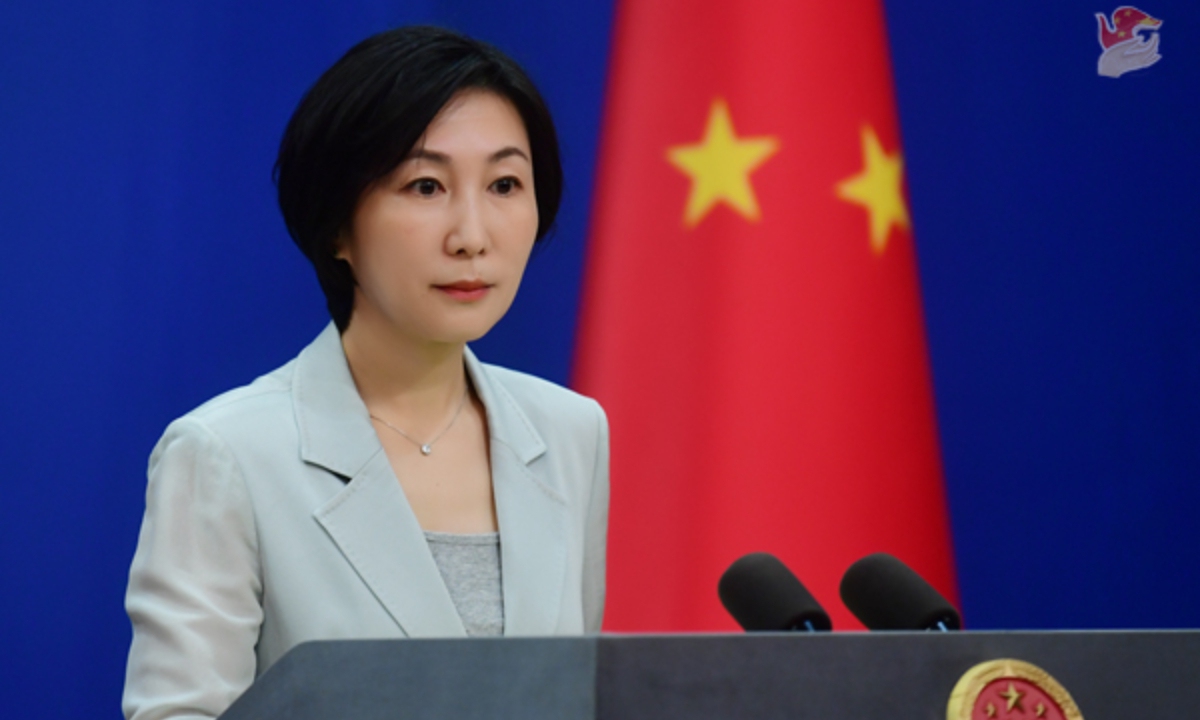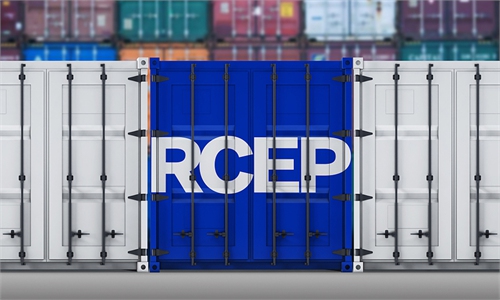RCEP a vivid example of regional countries sharing development opportunities: Chinese FM

Foreign Ministry Spokesperson Mao Ning Photo: Ministry of Foreign Affairs
Chinese Foreign Ministry Spokesperson Mao Ning on Wednesday said that the Regional Comprehensive Economic Partnership (RCEP) is a vivid example of regional countries sharing development opportunities.
The remarks come as the RCEP, the world's largest free trade pact in terms of population and trade volume, recently celebrated the two-year anniversary of entering force.
Over the past two years of its implementation, regional trade costs have significantly decreased, and the connections within industrial and supply chains have become closer, bringing tangible benefits to participating members, Mao said.
As the largest economy in the RCEP, China has continued to promote tariff reductions, playing a positive role in regional trade, investment, and economic growth, Mao said.
The RCEP, which entered into force on January 1, 2022, comprises 15 Asia-Pacific countries -- 10 member states of the Association of Southeast Asian Nations (ASEAN), China, Japan, the Republic of Korea, Australia, and New Zealand. Together, they cover about 30 percent of the world's population and 30 percent of global economic and trade volume.
The RCEP agreement covers various aspects of trade and investment liberalization and facilitation, with the key content being the reduction and elimination of tariffs. More than 90 percent of trade in goods covered will achieve zero tariffs.
Mao emphasized that with the RCEP, member countries' products can enter the Chinese market with lower trade costs and more convenient customs clearance conditions.
In the first 11 months of 2023, China's imports of fresh durian from RCEP member countries such as Thailand and Vietnam reached a total of 46.61 billion yuan ($6.56 billion), which is 1.7 times the total for the entire year for 2021.
China is willing to continue working with all parties to comprehensively and effectively implement RCEP, allowing this largest global free trade zone to continuously unleash dividends and achieve common development and prosperity among member countries, Mao said.

